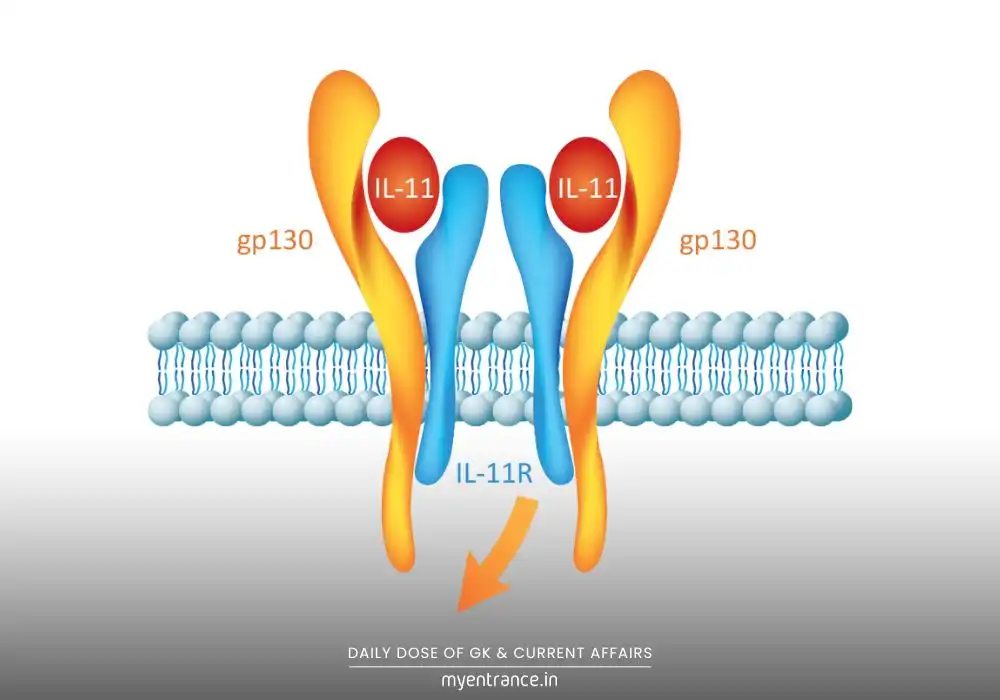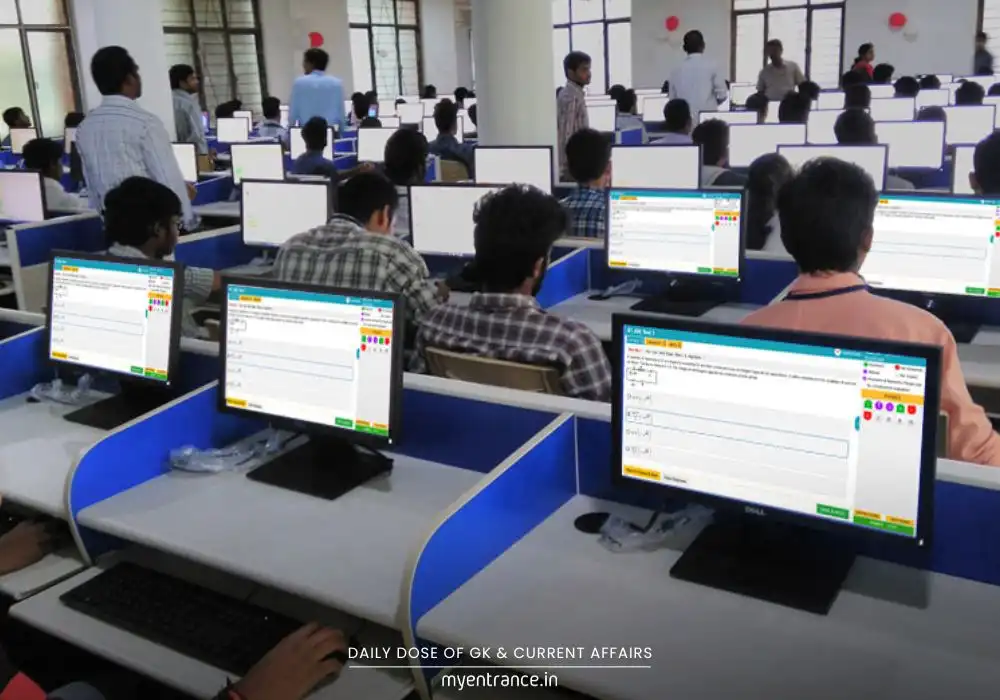Translate Language
Block This Protein to Unlock 25% Longer Life? The IL-11 Breakthrough Explained!
What if living healthier and longer hinged on suppressing a single protein? Recent research reveals that inhibiting IL-11 – a molecule linked to chronic inflammation – could dramatically extend lifespan. This breakthrough, proven in mice, hints at revolutionary anti-aging therapies for humans. Let’s decode the science and its future implications.

The Protein Paradox: Building Blocks vs. Lifespan Thieves
We’ve always celebrated proteins as the body’s essential “building blocks.” But here’s a twist: not all proteins deserve that praise. Emerging research suggests that blocking a specific protein – IL-11 – might boost your lifespan by up to 25%. Yes, you read that right. Neutralizing this molecule could be the key to slowing aging.
The Mouse Experiment That Changed Everything
In a landmark study, scientists targeted IL-11 in 75-week-old mice (equivalent to 55 human years) using specialized antibodies. The results stunned everyone:
Treated mice lived 155 weeks on average – a 35-week increase compared to untreated mice (120 weeks).
Beyond longevity, these mice enjoyed:
Lower cancer risk
Enhanced muscle strength
Sharper vision
Zero grey hair development
While these findings are from mice, human trials for similar antibodies are already underway.
Why IL-11 Is Your Body’s Silent Aging Accelerator
So, what makes IL-11 so dangerous? As Dr. Roohi Pirzada (Senior Physician & Critical Care Specialist, Mumbai) explains:
*”IL-11 promotes inflammation. As cells age and accumulate damage, the immune system floods the body with inflammatory molecules – including IL-11. In small doses, it may protect us. But excess IL-11 damages cells, accelerating aging.”*
Think of it like rust corroding metal. Chronic inflammation silently wears down organs, triggers diseases, and shortens lifespans.
Anti-IL-11 vs. Rapamycin: A Safer Alternative?
Anti-IL-11 therapy mirrors lifespan gains seen with rapamycin (another anti-aging drug). But there’s a critical difference:
Rapamycin often causes severe side effects (like impaired immunity).
Anti-IL-11 treatments show no adverse effects in trials – making them a safer potential alternative.
The Human Reality: Hope, But No Magic Pill Yet
Before you get too excited, heed Dr. Pirzada’s caution:
*”Anti-IL-11 therapy won’t be available until rigorous human trials confirm safety and efficacy. Lifespan isn’t just about one protein – diet, genetics, and environment play huge roles.”*
Key Roadblocks for Human Use:
Complex aging factors: Isolating IL-11’s impact in humans is challenging.
Trial timelines: Studying “lifespan extension” requires decades of observation.
Current focus: Researchers are prioritizing IL-11’s role in treating kidney disease (like Alport syndrome) first.
The Bottom Line
Blocking IL-11 offers a thrilling glimpse into a future where aging is treatable. While human applications are years away, this research underscores a powerful truth: inflammation is public enemy #1 for longevity. For now, focus on proven health boosters – exercise, anti-inflammatory diets, and stress management. Science will handle the rest!
Pro Tip for Aspirants: Just as mastering fundamentals cracks competitive exams, understanding core biological mechanisms (like inflammation) could crack the code to longer life. Stay curious!
Get 3 Months Free Access for SSC, PSC, NIFT & NID
Boost your exam prep!
Use offer code WELCOME28 to get 3 months free subscription. Start preparing today!















